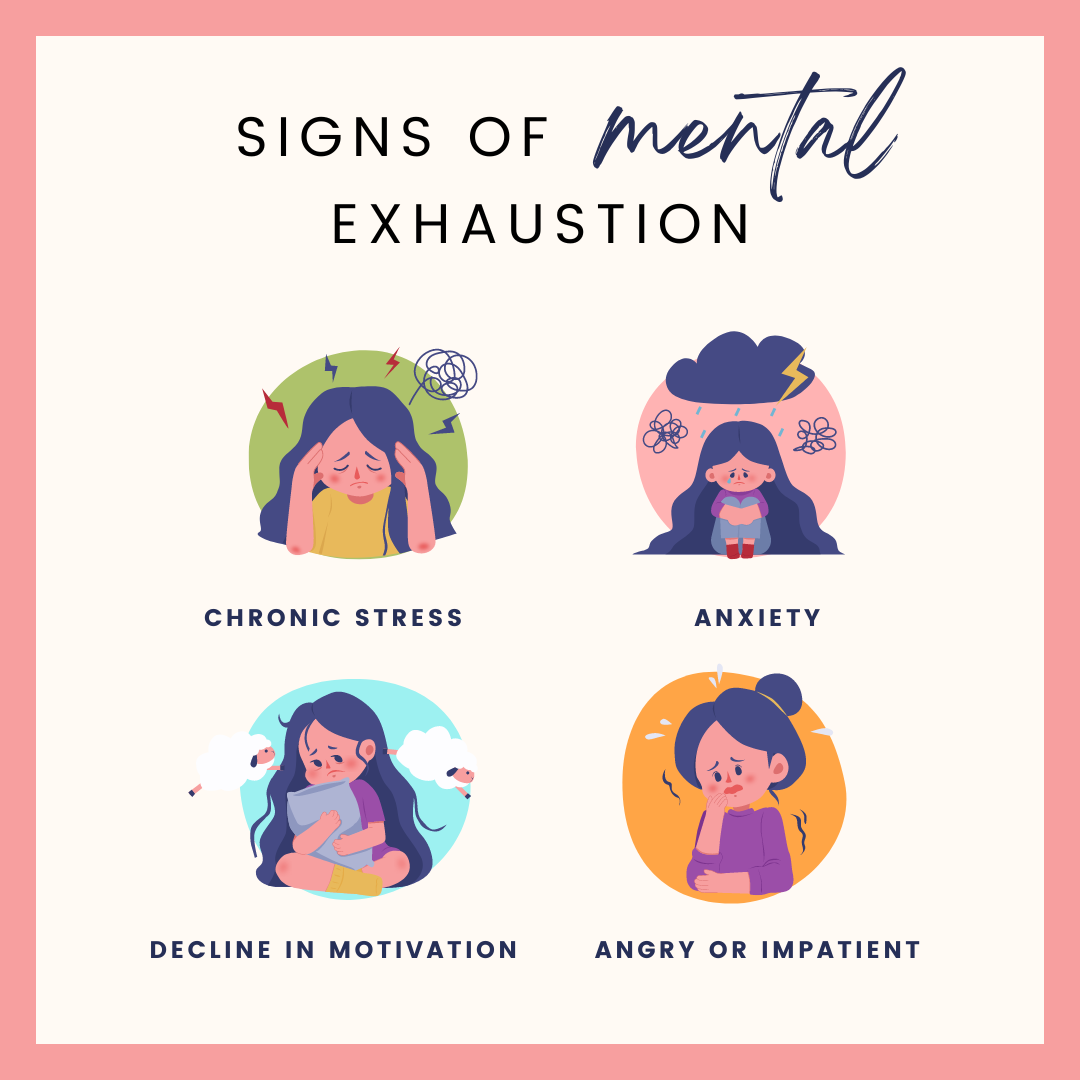Although diet pills have long been promoted as a simple and quick way to lose weight, the truth is far more nuanced. Although these products might provide short-term benefits, there could be major negative impacts on one’s bodily and mental well-being.
Constipation, diarrhea, and nausea are among the most typical gastrointestinal adverse effects of diet tablets. Ingredients like fiber, laxatives, and fat blockers found in many diet pills can cause digestive problems and pain by upsetting the digestive system.
Furthermore, the central nervous system may be significantly impacted by the stimulants included in diet tablets, which may result in mood swings, anxiety, and insomnia. Caffeine and ephedrine are stimulants that can cause sleep patterns to be disturbed, jitteriness or nervousness to rise, and symptoms of underlying mental health disorders like depression or anxiety to worsen.
Additionally, using diet medications excessively may have long-term negative effects on cardiovascular health. Numerous diet medicines contain stimulants that raise blood pressure, heart rate, and the risk of arrhythmias or palpitations. Long-term usage of these products may potentially raise the chance of developing more severe cardiovascular conditions including strokes or heart attacks.
It’s critical that people approach weight loss holistically and evidence-based in order to reduce the hazards related to diet pills. Speaking with a dietitian, nutritionist, or healthcare expert can assist people in creating a customized weight loss strategy that puts long-term health and wellbeing ahead of short-term fixes or fad diets.



